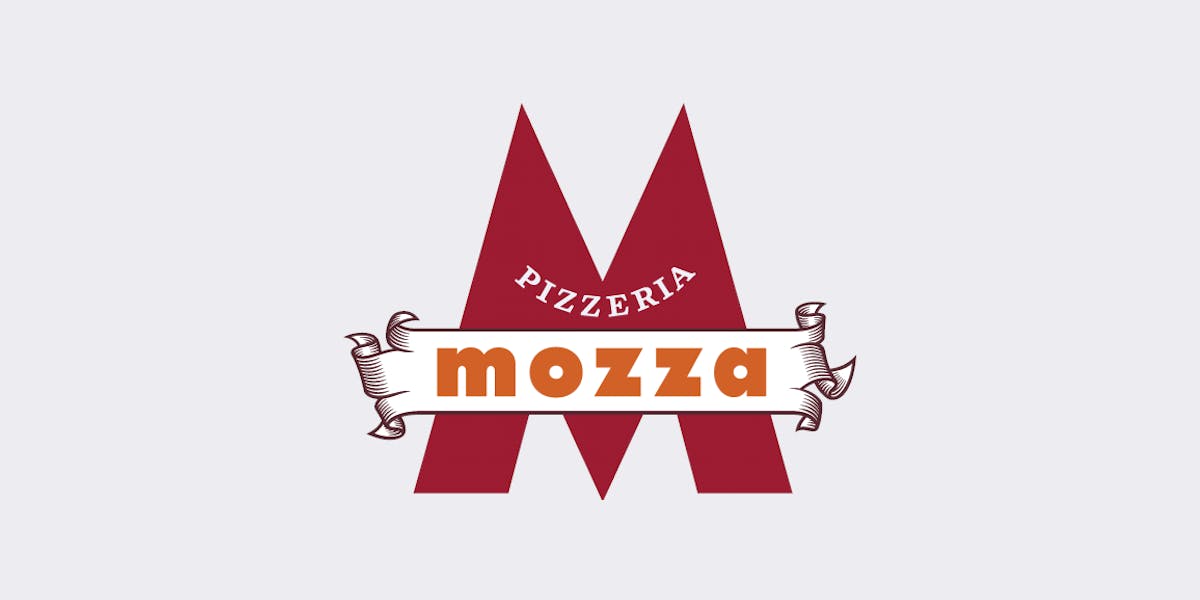The Rise of Animal-Free Mozzarella: A New Era in Cheese Production
January 24, 2025, 6:47 am
In the bustling world of food innovation, a new player is making waves. New Culture, a San Francisco-based startup, is poised to revolutionize the cheese industry with its animal-free mozzarella. This isn't just another plant-based alternative; it's a product born from precision fermentation, a technology that combines traditional fermentation with cutting-edge biotechnology.
Imagine a cheese that melts, stretches, and bubbles just like the real thing, but without the environmental toll of dairy farming. New Culture's mozzarella aims to deliver that experience. Recently, the company submitted its product label to the California Department of Food and Agriculture (CDFA), marking a significant milestone. This submission is believed to be the first of its kind for a product made with animal-free casein.
The ingredients list reads like a culinary symphony. At its core is recombinant casein, a protein that mimics the structure and function of dairy casein. This is mixed with water, sunflower oil, coconut oil, salt, sugar, starch, and fortifying minerals. The result? A cheese that not only tastes good but also boasts a nutritional profile comparable to traditional mozzarella. Each serving contains 5 grams of protein and 2 grams of carbohydrates, making it a viable option for health-conscious consumers.
But why does this matter? The dairy industry is notorious for its environmental impact. It requires vast amounts of land and water, contributing to deforestation and greenhouse gas emissions. New Culture's approach aims to mitigate these issues. By using precision fermentation, the company can produce casein without the need for cows, significantly reducing its carbon footprint.
The nutritional benefits are also noteworthy. Traditional plant-based cheeses often lack protein and can contain high levels of carbohydrates. In contrast, New Culture's mozzarella offers a complete protein source while being free from common allergens like soy, nuts, and gluten. This broad appeal is crucial in a market where consumers are increasingly health-conscious and environmentally aware.
New Culture's journey hasn't been without challenges. The company has faced the typical hurdles of food tech startups, including regulatory approvals and cost management. However, they have made significant strides. Last year, they became the first company to self-affirm their animal-free casein as Generally Recognized as Safe (GRAS) in the U.S. This designation is a game-changer, allowing them to sell their protein to manufacturers and restaurants.
Partnerships have also played a pivotal role in New Culture's growth. They recently teamed up with CJ CheilJedang, a South Korean biotech giant, to reduce production costs. This collaboration aims to bring the price of their mozzarella down to a competitive level, essential for mass-market adoption. The company has already reduced the amount of casein needed in their cheese to just 28% of what is typically required for conventional mozzarella.
The excitement surrounding New Culture's mozzarella is palpable. Acclaimed chef Nancy Silverton is set to debut the product at her renowned Pizzeria Mozza in Los Angeles. This high-profile launch is expected to draw attention and could pave the way for broader acceptance of animal-free cheese. The company is also in talks with various pizzerias across the country, from independent shops to national chains, eager to incorporate this innovative product into their menus.
Consumer interest is on the rise. A survey conducted by New Culture revealed that 80% of respondents who consume animal products are intrigued by animal-free cheese. Early adopters are even willing to pay a premium for it. This indicates a shift in consumer attitudes, with many looking for sustainable and ethical food options without sacrificing taste.
However, the path to widespread adoption is fraught with challenges. While the product shows promise, it must compete with established dairy products and other plant-based alternatives. Price remains a significant barrier. For New Culture to succeed, it must not only deliver on taste and nutrition but also ensure that its products are accessible to the average consumer.
The landscape of cheese production is changing. As more startups emerge, each vying for a piece of the market, the competition will only intensify. New Culture is not alone in its quest; other companies are also exploring precision fermentation to create animal-free dairy products. Yet, New Culture stands out as one of the few with the necessary regulatory approvals to sell its casein in the U.S.
In conclusion, New Culture's animal-free mozzarella represents a significant leap forward in food technology. It embodies the potential to reshape our relationship with cheese, offering a sustainable, nutritious alternative that aligns with modern consumer values. As the company navigates the complexities of commercialization, it remains to be seen whether it can fulfill its promise. But one thing is clear: the future of cheese is here, and it’s animal-free. The culinary world is watching closely, eager to see if this innovation can truly melt hearts and palates alike.
Imagine a cheese that melts, stretches, and bubbles just like the real thing, but without the environmental toll of dairy farming. New Culture's mozzarella aims to deliver that experience. Recently, the company submitted its product label to the California Department of Food and Agriculture (CDFA), marking a significant milestone. This submission is believed to be the first of its kind for a product made with animal-free casein.
The ingredients list reads like a culinary symphony. At its core is recombinant casein, a protein that mimics the structure and function of dairy casein. This is mixed with water, sunflower oil, coconut oil, salt, sugar, starch, and fortifying minerals. The result? A cheese that not only tastes good but also boasts a nutritional profile comparable to traditional mozzarella. Each serving contains 5 grams of protein and 2 grams of carbohydrates, making it a viable option for health-conscious consumers.
But why does this matter? The dairy industry is notorious for its environmental impact. It requires vast amounts of land and water, contributing to deforestation and greenhouse gas emissions. New Culture's approach aims to mitigate these issues. By using precision fermentation, the company can produce casein without the need for cows, significantly reducing its carbon footprint.
The nutritional benefits are also noteworthy. Traditional plant-based cheeses often lack protein and can contain high levels of carbohydrates. In contrast, New Culture's mozzarella offers a complete protein source while being free from common allergens like soy, nuts, and gluten. This broad appeal is crucial in a market where consumers are increasingly health-conscious and environmentally aware.
New Culture's journey hasn't been without challenges. The company has faced the typical hurdles of food tech startups, including regulatory approvals and cost management. However, they have made significant strides. Last year, they became the first company to self-affirm their animal-free casein as Generally Recognized as Safe (GRAS) in the U.S. This designation is a game-changer, allowing them to sell their protein to manufacturers and restaurants.
Partnerships have also played a pivotal role in New Culture's growth. They recently teamed up with CJ CheilJedang, a South Korean biotech giant, to reduce production costs. This collaboration aims to bring the price of their mozzarella down to a competitive level, essential for mass-market adoption. The company has already reduced the amount of casein needed in their cheese to just 28% of what is typically required for conventional mozzarella.
The excitement surrounding New Culture's mozzarella is palpable. Acclaimed chef Nancy Silverton is set to debut the product at her renowned Pizzeria Mozza in Los Angeles. This high-profile launch is expected to draw attention and could pave the way for broader acceptance of animal-free cheese. The company is also in talks with various pizzerias across the country, from independent shops to national chains, eager to incorporate this innovative product into their menus.
Consumer interest is on the rise. A survey conducted by New Culture revealed that 80% of respondents who consume animal products are intrigued by animal-free cheese. Early adopters are even willing to pay a premium for it. This indicates a shift in consumer attitudes, with many looking for sustainable and ethical food options without sacrificing taste.
However, the path to widespread adoption is fraught with challenges. While the product shows promise, it must compete with established dairy products and other plant-based alternatives. Price remains a significant barrier. For New Culture to succeed, it must not only deliver on taste and nutrition but also ensure that its products are accessible to the average consumer.
The landscape of cheese production is changing. As more startups emerge, each vying for a piece of the market, the competition will only intensify. New Culture is not alone in its quest; other companies are also exploring precision fermentation to create animal-free dairy products. Yet, New Culture stands out as one of the few with the necessary regulatory approvals to sell its casein in the U.S.
In conclusion, New Culture's animal-free mozzarella represents a significant leap forward in food technology. It embodies the potential to reshape our relationship with cheese, offering a sustainable, nutritious alternative that aligns with modern consumer values. As the company navigates the complexities of commercialization, it remains to be seen whether it can fulfill its promise. But one thing is clear: the future of cheese is here, and it’s animal-free. The culinary world is watching closely, eager to see if this innovation can truly melt hearts and palates alike.


